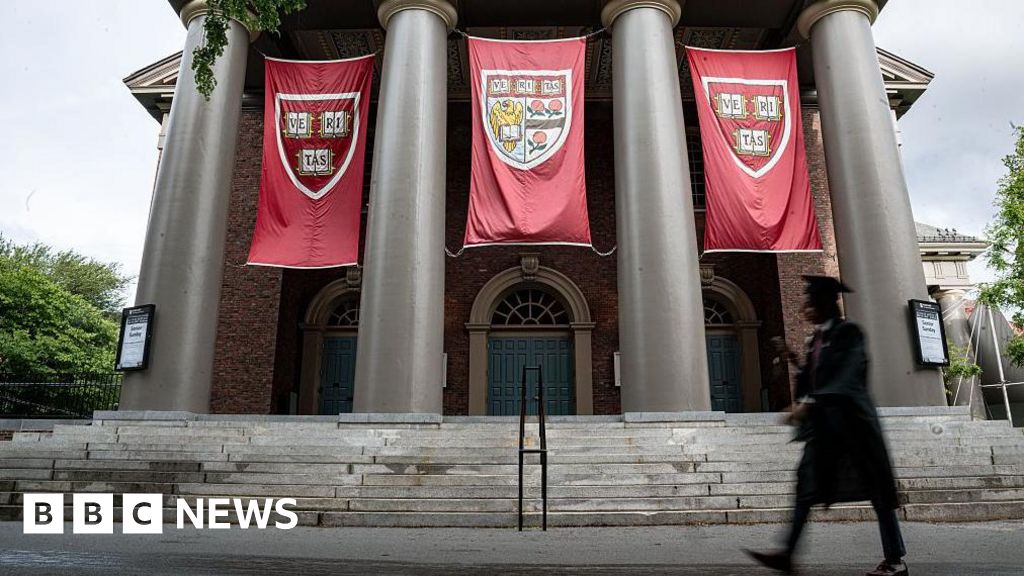Trump Issues Wave of Pardons and Commutations, Including Allies and Those Claiming Unfair Targeting

In a flurry of activity before leaving office, former US President Donald Trump has granted clemency to over two dozen individuals, a move that has drawn both praise and criticism. The pardons and commutations encompass a wide range of cases, with a notable number benefiting individuals who have publicly voiced political support for Trump or echoed his claims of being unfairly targeted.
Among those receiving clemency are several high-profile figures who have been staunch allies of the former president. This has fueled accusations of political favoritism and raised questions about the criteria used in making these decisions. Critics argue that the actions appear designed to reward loyalty rather than to address genuine cases of injustice.
The list also includes individuals who, like Trump himself, have asserted that they were victims of politically motivated investigations or prosecutions. This echoes the former president's consistent narrative of being persecuted by his political opponents. While the legality of these actions is not immediately in question, the timing and selection of recipients have sparked considerable debate.
A Broad Range of Cases
The clemency orders cover a diverse array of offenses, ranging from fraud and tax evasion to drug trafficking and even obstruction of justice. Some of the recipients served lengthy prison sentences, while others faced ongoing legal challenges. The scope of the pardons highlights the broad power the president holds to grant forgiveness for federal crimes.
Legal and Ethical Considerations
While presidents have traditionally used their clemency powers to correct perceived injustices or to offer a second chance to those who have demonstrated remorse, the recent wave of pardons has raised concerns about the potential for abuse. Legal experts are analyzing the orders to determine whether they adhere to established legal precedents and ethical standards. The actions are likely to be scrutinized by future administrations and could potentially face legal challenges.
Political Fallout
The pardons have further intensified the already polarized political landscape. Supporters of Trump view the actions as a rightful exercise of presidential power and a means of correcting perceived wrongs. Opponents, however, see them as an attempt to undermine the rule of law and to shield loyalists from accountability. The controversy is expected to continue to dominate political discussions in the coming weeks and months.
Looking Ahead
The long-term implications of these clemency decisions remain to be seen. While the immediate impact is focused on the individuals who have been granted forgiveness, the broader consequences for the justice system and the perception of presidential power are likely to be felt for years to come. The actions serve as a stark reminder of the significant influence a president can wield in the final days of their administration.






